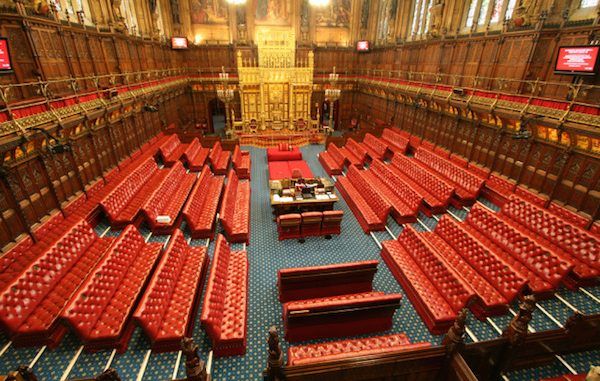
The House Of Lords have called for UK-wide internet access to be made available to everybody for free as they suggest on reclassifying the internet as a public utility.
They say that the internet should now be considered a human right and that the UK is lagging behind other countries in its ability to offer all citizens access and also with its poor high speeds.
Arstechnica.com report:

BYPASS THE CENSORS
Sign up to get unfiltered news delivered straight to your inbox.
You can unsubscribe any time. By subscribing you agree to our Terms of Use
The House of Lords’ call for UK Internet access to be reclassified as a public utility is very similar to the conversation surrounding Title II reclassification of ISPs in the US. “We conclude that the Government should define the Internet as a utility service, available for all to access and use,” reads the summary of the House of Lords report. The report stops short of discussing how this will actually work in a legal sense—that’s probably up to the next UK government—but it does mention Estonia, which was the first country to add Internet access to its list of human rights, as a very good example to follow.
Beyond universal Internet access, the report also discusses how the United Kingdom lags other countries in terms of high-speed access. In January 2015, an Ookla report placed London in 26th place out of 33 European capitals. There are also a large number of “not-spots” in urban areas, where Internet providers decided that it didn’t make economic sense to deploy new infrastructure (usually fiber). In both cases, the House of Lords is worried that these problems will affect the UK’s long-term international competitiveness.
The current government has been fairly good at investing in both fixed-line and wireless coverage across the UK, but clearly other countries are investing more—or at least investing more wisely. The incoming UK government will hopefully be formed in May, following a general election. With some awesome new technologies coming down the pike—LTE Advanced, “5G,” and gigabit G.fast DSL over copper wires—there’s an opportunity for the new government to play a big role in encouraging commercial ISPs to deploy universal, high-speed Internet access.

